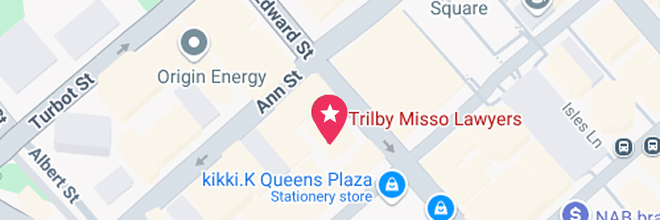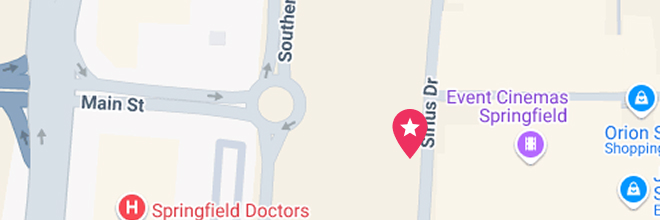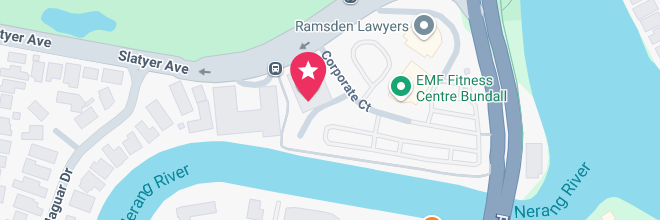Our Brisbane CBD Office
- Suite 400, Level 4/288 Edward St, Brisbane City QLD 4000
- (07) 3910 5470




The Workers’ Compensation and Rehabilitation and Other Legislation Amendment Bill was introduced into Parliament in late August 2019. The Bill was introduced, in part, to amend the Workers’ Compensation and Rehabilitation Act 2003. On Tuesday 22 October 2019, the Queensland Parliament passed the Workers’ Compensation and Rehabilitation and Other Legislation Amendment Bill making several amendments according to recommendations proposed by Professor David Peetz.
In 2018, Professor Peetz was appointed to conduct the second review of the scheme after which 57 recommendations were made including 15 legislative amendments. The amendments will be introduced progressively beginning 30 October 2019 to 1 July 2020.
The Bill implemented several amendments, including a change to the definition of ‘psychological injury’ according to the recommendation made by Professor Peetz. The definition of ‘psychological injury’ was reverted to a previous definition whereby a workers job is now considered to be a ‘significant contributing’ factor, rather than ‘the major’ factor.
This amendment came into effect on 30 October 2019. The change in wording, albeit slight, highlights the connection of an individuals job to their psychological or psychiatric injury.
A test for psychological and psychiatric injury is conducted to ascertain whether the injury arose “out of, or, in the course of” employment. The Bill now enforces recommendations that vulnerable individuals, who have a psychological or psychiatric injury, are to receive early intervention and better support to minimise the impact and duration of the injury.
The recent amendments could greatly impact companies that have a high volume of psychiatric and psychological injuries but ultimately means that those workers will receive the care they need as early as practicable. Additionally, the amendments now mean that all claims will be under full Work Cover entitlements. Overall, the changes could result in an increase in approved compensation claims and an increase in successful claims.
The gig economy has been thriving in Australia and New Zealand since the global financial crisis, with temporary, contract and freelance work now a very common method of supplementing income. The Uber driver is an example of a ‘gig economy’ worker.
There are many positive aspects to working in the ‘gig economy’ however, many workers harbour unrealistic expectations about their earning capacity, which ultimately leads to increased mental strain and anxiety.
The Queensland Government recognises that injured gig workers do not have the same protections offered by Queensland’s worker’s compensation scheme.3 There is no single ‘gig’ industry, and ‘gig’ workers can be found across most industries throughout Queensland, and therefore claims are assessed on individual merit.
According to the Consultation Regulatory Impact Statement- Workers’ compensation entitlements for workers in the gig economy and the taxi and limousine industry in Queensland, gig workers commonly have existing socio-economic vulnerabilities and other additional pressures such as:
Under the revised ‘Bill’, insurers now have an obligation to ensure that workers who are claiming for psychiatric or psychological injury receive ‘reasonable services’ such as:
‘Reasonable services’ are to be provided to the claimant, by the insurer, until such time that the claim is either approved or rejected. Decisions are generally made promptly to facilitate a fast and safe return to work.
Insurance or compensation claims are assessed according to very specific conditions. In general, the injury must have been caused by, or exacerbated by the individuals’ job or workplace, as a result of a single incident or may have developed insidiously over time. There may be other contributing factors, the circumstances of which would need to be assessed on an individual basis.
Examples of contributing factors include:
Psychiatric or psychological injuries that are related to the workplace can impact every area of a workers life. The sooner an injured worker files a report, the better, however, workers with psychiatric or psychological illness are vulnerable individuals who often require professional help to navigate the complexities of the claims process.
Unfortunately, compensation claims for psychological illness are often rejected due to the difficulties in ascertaining whether the injury was caused by work or other factors. People who have a psychological illness or injury are strongly encouraged to seek professional legal advice to discuss their case.
Consultation Regulatory Impact Statement-Workers’ compensation entitlements for workers in the gig economy and the taxi and limousine industry in Queensland Workers’ Compensation and Rehabilitation Act 2003. (2019). Retrieved 5 November 2019, from https://www.worksafe.qld.gov.au/__data/assets/pdf_file/0011/177347/ris-gig-taxi-limo-industries.pdf
Find Trilby Misso Lawyers on Facebook, Instagram and YouTube.


Kathryn is Trilby Misso’s Chief Executive Officer.
Meet KathrynUse this simple online tool and find out if you have a claim in less than thirty seconds. You can choose to remain anonymous.
Your next step is a small one. All you need to do is give us a call on 07 3910 5470 or complete this form here to arrange a quick chat.
During this initial conversation, we will:

We understand that taking legal action can be stressful, and we’ll do all we can to ease your concerns.
The chat can take place at our place, your place, or by phone. There is no cost, no pressure, and no obligation.
Call 07 3910 5470 or fill out this form, and we’ll get back to you within 2 hours (during business hours). We look forward to meeting you.
enquire now